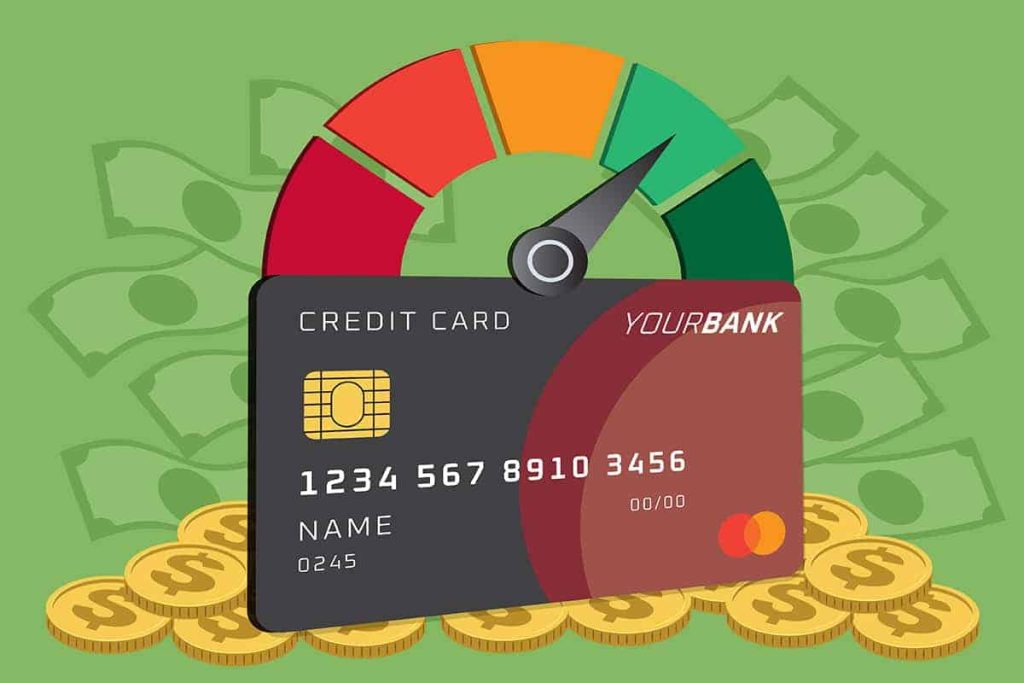The Blueprint: How to Plan Your Finances to Build a Better Credit Score
Your Credit Score is the most powerful three-digit number in your financial life.
Overview
Your Credit Score is the most powerful three-digit number in your financial life. Whether you are aiming for a home loan or a new credit card, lenders use this number to assess your worthiness. To move that number up, you need a smart financial plan. Building a great score is about disciplined habits, not quick tricks.
Here are the essential steps to strategically plan your finances and boost your credit score:
Phase 1: Assess and Clean Up
Your first move is to know exactly where you stand.
- Check Your Credit Report: Before you do anything else, get a copy of your credit report from a trusted bureau like CRIF High Mark. This document details all your loans and repayment patterns. Review it carefully for errors, like outdated information or fraudulent accounts. A mistake on your report can drag your score down, so dispute anything suspicious immediately.
- Build a Budget and Stick to It: Financial stress leads to missed payments. Create a realistic monthly budget that accounts for fixed expenses and variable costs. Dedicate a specific, consistent amount for debt repayment. When you control your money, you are less likely to overuse credit.
Phase 2: Master Repayment and Usage
These are the most impactful, high-priority habits that directly influence your score.
- Pay Bills On Time, Every Time: Your payment history is the most critical factor. Even one missed EMI or credit card payment can cause significant damage. Set up reminders or automate payments to ensure you never miss a due date. Always prioritize loan and credit card payments over discretionary spending.
- Limit Credit Card Usage: The goal is to show you can handle credit without relying on it. Aim to use not more than 30% of your total available credit limit. To maintain this low level, try to pay off balances mid-cycle instead of waiting for the end of the month.
- Reduce Your Existing Debt: High outstanding debt is a score killer. Strategically pay it down. You can use the Avalanche Method (tackling the debt with the highest interest rate first) to save money, or the Snowball Method (paying off the smallest debt first) for psychological wins.
Phase 3: Strategic Credit Management
These steps involve making intelligent choices about your borrowing portfolio.
- Keep Old Credit Cards Open: Don’t close old credit cards! Long-standing accounts boost the length of your credit history and your average credit age. Keep them active with small, fully paid-off purchases to show continuous, responsible usage.
- Don’t Apply for Too Much Credit at Once: Each time you apply for a new loan or card, it reflects as a hard inquiry, lowering your score. Space out your applications and only apply for credit when needed.
- Monitor Your Score Regularly: Once you start implementing these changes, track your progress quarterly. Check your score after clearing a loan or before applying for new credit. This keeps you informed and allows you to adjust your plan as needed.
 Conclusion
Conclusion
Improving your credit score is not an overnight fix; it’s a marathon that requires consistent, smart financial habits. With a bit of planning, a higher score is absolutely achievable.



